In recent times, a silent revolution has been unfolding in the world of feline nutrition under the banner of raw rabbit cat food. If you’re a dedicated cat owner intent on providing the best for your furry friend, you’ve likely encountered whispers of this emerging trend.
This comprehensive guide delves deep into the realm of raw rabbit cat food, unearthing its origins, nutritional merits, and how it compares to conventional commercial cat food.
What to Anticipate in This Guide
This guide is your trusty guide through the labyrinthine world of raw rabbit cat food. We’ll walk you through everything you need to understand, beginning with the fundamentals and gradually delving into more intricate details.
From comprehending what raw rabbit cat food encompasses to addressing concerns about allergies and bacterial contamination, we’ve got you covered.
By journey’s end, you’ll be equipped with the knowledge to make an educated decision regarding your cat’s dietary requirements.
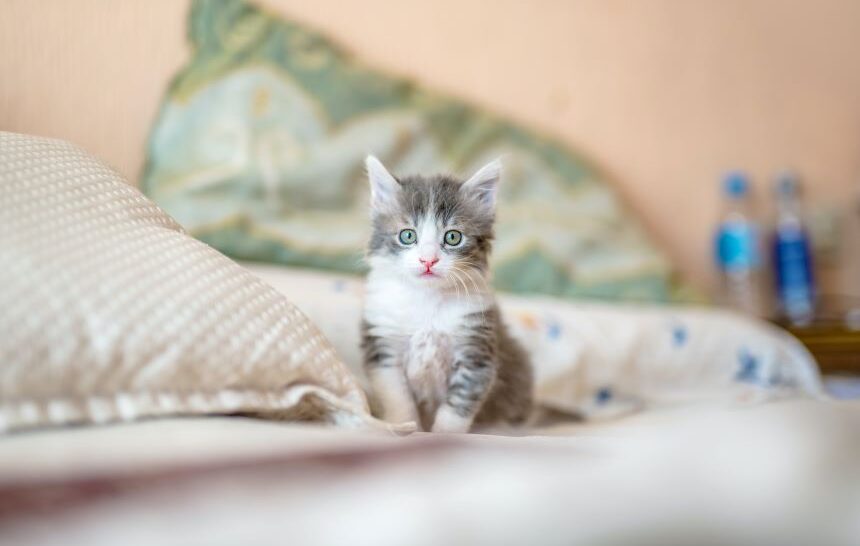
Deciphering Raw Rabbit Cat Food
What Constitutes Raw Rabbit Cat Food?
Raw rabbit cat food primarily comprises uncooked rabbit meat, including muscle tissue, organs (such as liver and kidney), and sometimes bones. This minimalist approach to feline nourishment mirrors a cat’s natural diet in the wild, emphasizing fresh, unprocessed ingredients.
Some commercial raw cat foods may also incorporate vegetables, supplements, and other components to offer a balanced diet. Rabbit meat is particularly rich in phosphorus, selenium, zinc, niacin, and vitamin B, boasting notably high levels of vitamin B12.
The Nutritional Proficiency of Rabbit Meat for Cats
Rabbit meat stands as a nutritional powerhouse for felines. It abounds in lean protein, essential amino acids, vitamins, and minerals. Rabbit meat is relatively low in calories due to its leanness.
Compared to fattier protein sources like beef (250 kcal per 100 g serving) and fish (142 kcal per 100g serving), rabbit registers just 96 kcal per 3-ounce serving (approximately 84g). In a 3-oz serving of rabbit, you’ll find about 18 grams of protein and only 2 grams of fat.
Why Opt for Raw Rabbit Cat Food?
Benefits of Introducing Raw Food to Your Cats
Cats are obligate carnivores, which means their biological makeup is tailored to flourish on a diet rich in animal-based proteins.
Raw rabbit cat food aligns seamlessly with their dietary necessities, offering several key advantages:
- Nutritional Excellence
Rabbit meat serves as an exceptional source of lean protein, vital amino acids, and essential nutrients crucial for a cat’s well-being.
- Enhanced Digestion
Raw food is generally easier for cats to digest compared to processed commercial diets, reducing the likelihood of digestive complications.
- Weight Management
Raw diets can aid in maintaining a healthy weight by delivering essential nutrients without superfluous fillers.
- Healthy Skin and Fur
Cats fed with raw rabbit often display glossier fur and healthier skin attributed to the high-quality proteins and fats.

Understanding Your Cat’s Dietary Needs
A Cat’s Innate Diet
To appreciate the benefits of raw rabbit cat food, it’s imperative to grasp what cats would naturally consume in the wild. Cats are obligate carnivores, predominantly preying on small mammals, birds, and rodents. Raw rabbit closely mimics their ancestral diet, rendering it an excellent choice for your feline companion.
The Nutritional Worth of Raw Rabbit Cat Food
Protein Content and Amino Acids
Rabbit meat enjoys a reputation for its protein richness, providing a balanced blend of vital amino acids that constitute the building blocks of muscle tissue, vital for your cat’s health.
Healthy Fats and Vital Nutrients
In addition to protein, rabbit meat offers healthy fats, essential vitamins (such as B vitamins), and minerals (like iron and zinc). This comprehensive nutritional profile supports your cat’s vitality and longevity.
The Merits of Raw Rabbit Cat Food
Advocates of raw cat food contend that it closely aligns with a cat’s evolutionary diet and may yield several benefits, including:
- Weight Maintenance
Raw Rabbit cat food, being high in protein and low in carbohydrates, can help cats stay active and avert obesity. Additionally, cats may consume less on a raw diet since they derive more nutrients and satisfaction from their food.
- Digestive Well-Being
Raw Rabbit cat food contains natural enzymes that facilitate digestion, potentially leading to fewer digestive issues such as diarrhea, constipation, or vomiting compared to a diet comprising processed foods.
- Improved Skin and Coat Health
Raw Rabbit cat food furnishes essential fatty acids that can enhance the condition of your cat’s skin and coat. Consequently, cats may sport softer, shinier fur and experience less shedding and fewer hairballs while on a raw diet.
- Enhanced Dental Health
Raw Rabbit cat food can contribute to dental health by helping keep teeth clean and preventing plaque and tartar buildup. Chewing on raw bones can also strengthen jaw muscles and reduce the risk of dental diseases.
- Elevated Energy Levels and Well-Being
Raw Rabbit cat food may provide more readily absorbed vitamins, minerals, and amino acids crucial to a cat’s health. This can translate to heightened energy, vitality, and immunity for cats on a raw diet.
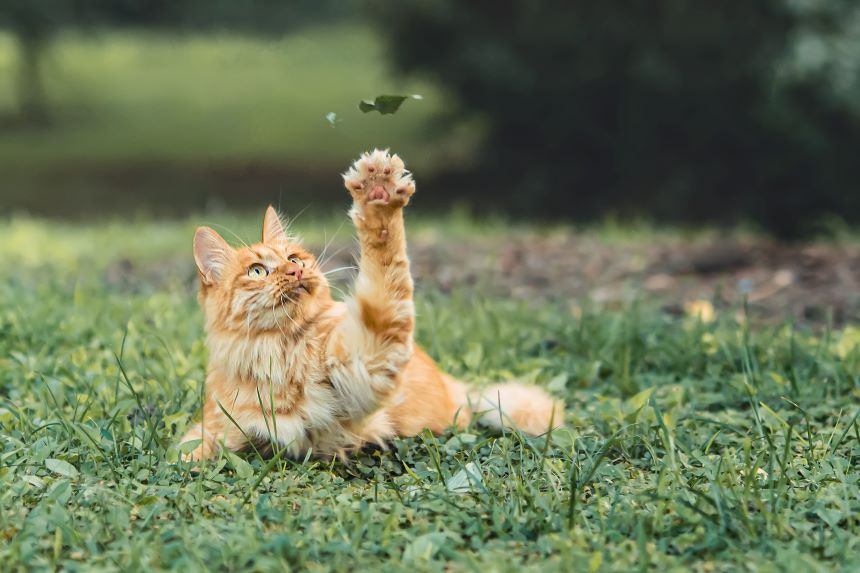
Rabbit Meat vs. Other Protein Sources
When selecting the ideal protein source for your feline companion, it’s crucial to consider the distinctive nutritional profiles of rabbit meat versus other commonly utilized proteins such as chicken, fish, and beef. Let’s delve into these distinctions to aid you in making an informed choice.
Rabbit vs. Chicken Which Is Superior for Cats?
Both rabbit and chicken are lean protein sources that can benefit your cat’s health. Nevertheless, there are key differentiation to take into account:
Rabbit Meat
- Rabbit meat is exceptionally lean, making it an excellent choice for cats prone to weight issues.
- It’s rich in essential amino acids, vitamins, and minerals, fostering muscle development and overall vitality.
- Crucially, raw rabbit meat naturally contains taurine, a vital amino acid pivotal for maintaining your cat’s heart health and vision.
- Due to its low calorie content, it can help your cat maintain a healthy weight.
Chicken Meat
- Chicken is also lean and provides essential nutrients, although it may contain slightly more fat compared to rabbit meat.
- Cats often find chicken highly palatable, which can be advantageous for picky eaters.
- It’s a versatile protein source widely accessible in commercial cat foods.
Comparing Rabbit to Fish and Beef
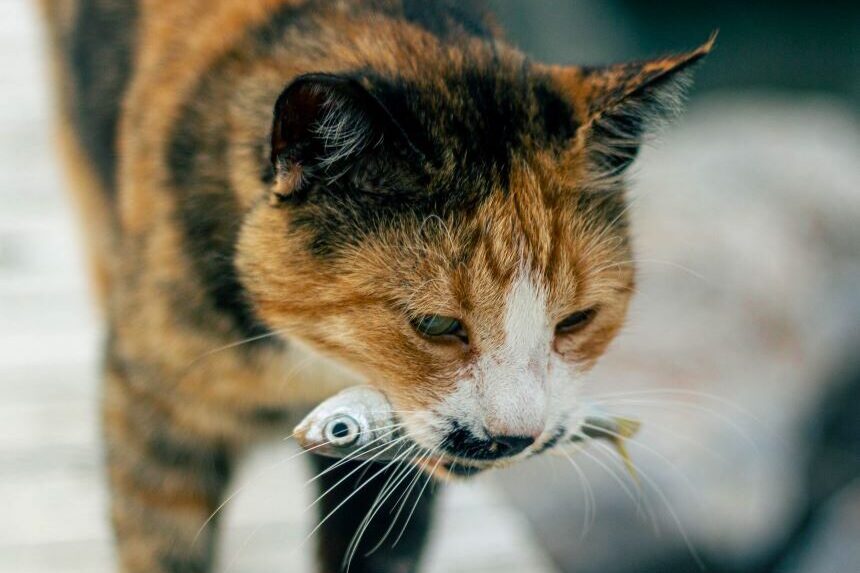
Now, let’s evaluate how rabbit meat compares to two other common proteins: fish and beef.
Rabbit vs. Fish
- Fish is rich in omega-3 fatty acids, which can promote skin and coat health in cats.
- However, some cats may exhibit sensitivity to fish, leading to allergies or digestive issues.
- While fish is nutritious, it should be administered in moderation due to potential concerns related to heavy metal contaminants.
Rabbit vs. Beef
- Beef contains more fat than rabbit meat, rendering it a more calorie-dense option.
- It provides essential nutrients such as iron and zinc, contributing to your cat’s overall well-being.
- Some cats may display sensitivities to beef, necessitating close monitoring of their reactions.
Balancing Protein Sources in Your Cat’s Diet
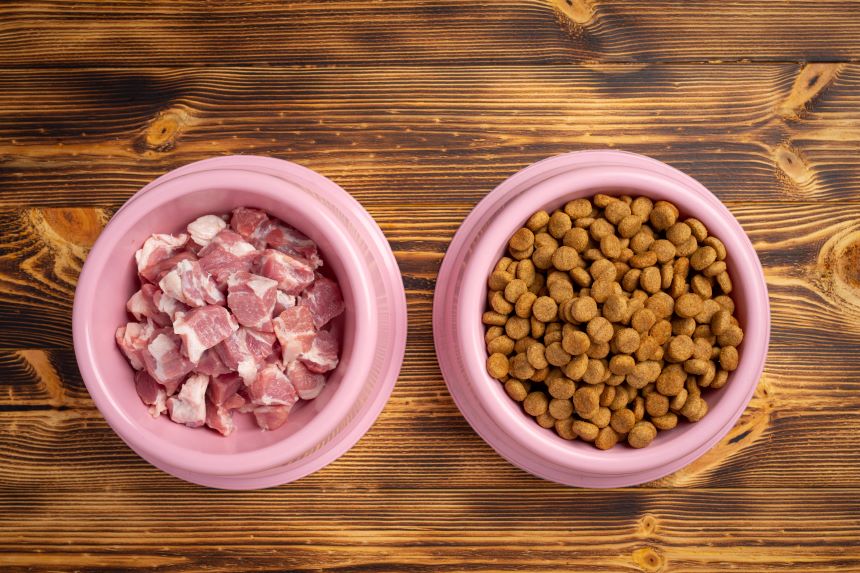
To supply your cat with a well-rounded diet, contemplate integrating an array of protein sources. This ensures your feline receives a diverse spectrum of nutrients vital for optimal health.
Here are some pointers:
- Rotate protein sources regularly to forestall the development of dietary sensitivities and allergies.
- Consult with your veterinarian to ascertain the most suitable combination of proteins tailored to your cat’s specific requirements.
- Seek commercial cat foods that offer a variety of proteins to streamline the process.
Drawbacks of Raw Rabbit Cat Food
- Bacterial Contamination
Raw meat can harbor pathogens such as Salmonella and E. coli, posing risks to both cats and their human caregivers. Assiduous handling and preparation of the food are paramount.
- Nutritional Imbalance
Raw cat food may not provide a balanced and complete diet for cats, particularly if not formulated by a professional or based on scientific guidelines. Cats may endure nutritional deficiencies or excesses if they consume an inappropriate raw diet.
- Bone Fragments
Raw cat food might contain sharp bone fragments capable of causing injury to the mouth, throat, or digestive tract. Whole or large bone ingestion can lead to choking, blockages, or perforation.
Consulting a Veterinarian
If you contemplate transitioning your cat to a raw rabbit diet or any other raw regimen, it is imperative to consult with a veterinarian well-versed in feline nutrition. They can offer guidance on diet balancing, address health concerns, and ensure that the diet aligns with your cat’s specific needs.
Premium Brands of Raw Rabbit Cat Food
Numerous brands and products of raw rabbit cat food are available in the market, including:
- Vital Essentials Rabbit Mini Nibs Freeze-Dried Cat Food
Composed of high-quality rabbit as the sole source of animal protein, devoid of added plant ingredients and rich in omega-3 fatty acids.
- Koha Limited Ingredient Diet Rabbit Au Jus for Cats
Manufactured with a singular source of novel animal protein and rich in moisture to support feline hydration, easily digestible, and composed of only a few primary ingredients.
- Instinct Limited Ingredient Diet Grain-Free Recipe with Real Rabbit Freeze-Dried Raw Coated Cat Food
Boasting nearly 45% dry matter crude protein and coated with freeze-dried rabbit for flavor, the initial five ingredients are all animal-based.
- Lotus Rabbit Grain-Free Pate Canned Cat Food
Predominantly comprised of muscle meat, organ meat, and bone, enriched with moisture and composed of nine of the top ten ingredients (excluding water) being animal-based.
- Primal Nuggets Rabbit Formula Nuggets Grain-Free Raw Freeze-Dried Cat Food
Enriched with rabbit, rabbit bone, and rabbit organs, created using a singular source of premium animal protein and fortified with two sources of additional animal-based fat.
- Smallbatch Pets Rabbit Blend Raw Frozen Cat Food
Comprising 97% rabbit (inclusive of bone) and frozen raw to preserve nutritional integrity, finely ground for palatability and effortless chewing.
- Merrick Backcountry Grain-Free Morsels in Gravy Real Rabbit Recipe
Rich in species-appropriate animal protein, replete with moisture for hydration support, it contributes protein, moisture, and flavor to your cat’s diet.
Commercial vs. Homemade
Some cat guardians choose to prepare raw cat food at home, while others opt for commercially available raw cat food products. Commercial options often undergo safety testing and may include added supplements to guarantee nutritional equilibrium.
Transitioning
Should you decide to transition your cat to a raw rabbit diet, it is crucial to do so gradually to avert digestive disturbances. Commence by blending a small amount of the new food with your cat’s current diet and incrementally increase the proportion of raw food over time.
Safety and Hygiene
Careful handling of raw meat and ensuring food safety for your cat are of paramount importance. Strictly adhere to guidelines to minimize potential risks.
FAQs
Is a diet centered on raw rabbit meat advantageous for feline health?
- Raw rabbit meat and its organ components serve as a valuable reservoir of omega-3 fatty acids, promoting the enhancement of your cat’s fur and skin. Furthermore, it supplies essential nutrients like vitamin B3, vitamin B12, potassium, and selenium.
Can I feed my cat exclusively raw rabbit meat?
- While rabbit meat is nutritious, a comprehensive diet should encompass a variety of proteins and nutrients. Consult your veterinarian for a well-rounded approach.
What if my cat refuses to consume raw rabbit food?
- Transitioning can prove challenging. Exercise patience and experiment with different textures and flavors. Seek guidance from your vet if necessary.
Are there specific rabbit breeds that are superior for cat food?
- Most rabbit breeds are suitable for cat food. Focus on high-quality sourcing rather than specific breeds.
Final Words
In a nutshell, raw rabbit cat food offers a plethora of benefits for your feline companion. It aligns harmoniously with their inherent dietary requirements, delivers vital nutrients, and can enhance various aspects of their health, from digestion to dental care.
If you contemplate transitioning your cat to a raw diet, confer with your veterinarian to ensure a safe and balanced switch.
Read Next: Mjamjam Cat Food: Is it Really the Best Feline Feast? (2023)
Keep Visiting Fooddforpets For More Blog Post Related To Pet Foods & Pet Care.

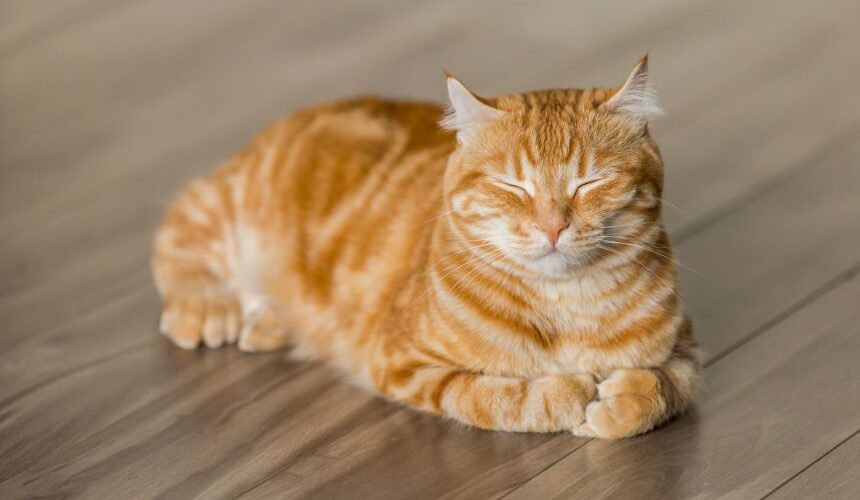
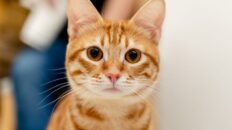

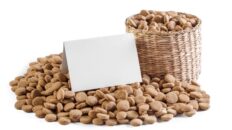
Add comment